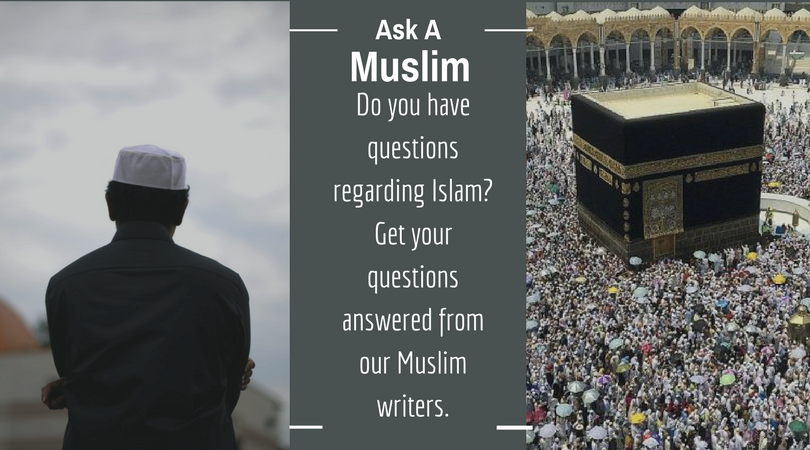Ask A Muslim: Personality Disorder and Becoming Muslim
What do you want to Ask a Muslim? Submit your questions online or fill out the form below.
Sorry for the niche question. For background, I’m someone with DID who did not grow up in a Muslim household or area. I am interested in converting, but other alters do not wish to. Would I alone be able to convert, or would we all have to come to an agreement, since we share a body, and presumably a soul? If I cannot convert in a formalized setting, could I still call myself a Muslim? Second, if I could convert, would I still be responsible for any sins the other alters do, such as missing prayer?
Editor’s Note:
Dissociative identity disorder, (DID) previously called multiple personality disorder, is characterized by the presence of two or more distinct personality identities. Each may have a unique name, personal history, and characteristics.
The simple answer to your question is, yes! However keep in mind that the doctrines of all religions have variant views on matters of faith so when it comes to your question scholars and other followers of Islam may disagree with my interpretation. Please do not let this discourage you. In the end for issues like this it always comes down to your intent, action and the agreement made between you and the Creator only.
I have breakdown your question into three segments with explanations as per my understanding on the topic.
Three Explanations:
- Being someone with many alters would I be able to convert alone?
Yes, you can. Just like anyone else who wishes to convert you can do so by employing your free-will. If the rest of your personalities or alters are not ready yet they can take their time.
2. If I cannot convert in a formalized setting, can I still call myself a Muslim?
Once again, my answer is yes, why not? It’s all about your belief. And once you are ready you can also do it in a formalized setting in front of witnesses. In the meantime Allah is all seeing so you can simply declare “Shahadah” three times, that marks the entrance into Islam. Shahadah is the first pillar and the most sacred statement in Islam and must be recited with full understanding and mindfulness of its meaning. You can then continue to learn and familiarize yourself with the Quran and the remaining pillars of Islam.
Transliteration: “Ashadu an la ilaha illa illa-ilah, wa ashadu anna muhammadan rasul ullah.”
Translation: “There is no God but Allah, and Muhammad is the Messenger of Allah.”
(Shahadah declaration)
3. After converting, would I still be responsible for any sins the other alters do, such as missing a prayer?
You are only responsible for your own actions however, since other alters are also part of you so it makes all of you responsible.
Keep in mind Quran repeatedly reiterates that our Creator, Allah is the most merciful and the most gracious, all seeing, all hearing and all knowing. So when we commit a sin or miss an obligatory act knowingly or unknowingly, we immediately seek forgiveness and fulfil the obligation.
Allah is all knowing, so he therefore knows what’s inside our heart and our intent. If our intent is pure, he forgives us graciously and accept our make up act. When Satan deceived Prophet Adam (peace be upon him) into eating the forbidden fruit, he repented and supplicated to Allah for forgiveness. So you always have the door to forgiveness open thus do not let this come in your way.
They said, ‘Our Lord, we have wronged ourselves, and if You do not forgive us and have mercy upon us, we will surely be among the losers.’
Quran Chapter 7: Verse 23
In the end I would like to say thank you to you for asking the question. The search to your question led me to learn about dissociative identity disorder (DID) and other mental conditions in relation to religions. I would also like to apologize for any terms or ways I describe this matter as I am a novice learner myself.
Disclaimer: I am not a religious scholar. I tried to answer this question with the best of my knowledge and understanding of Islam as a Muslim.







